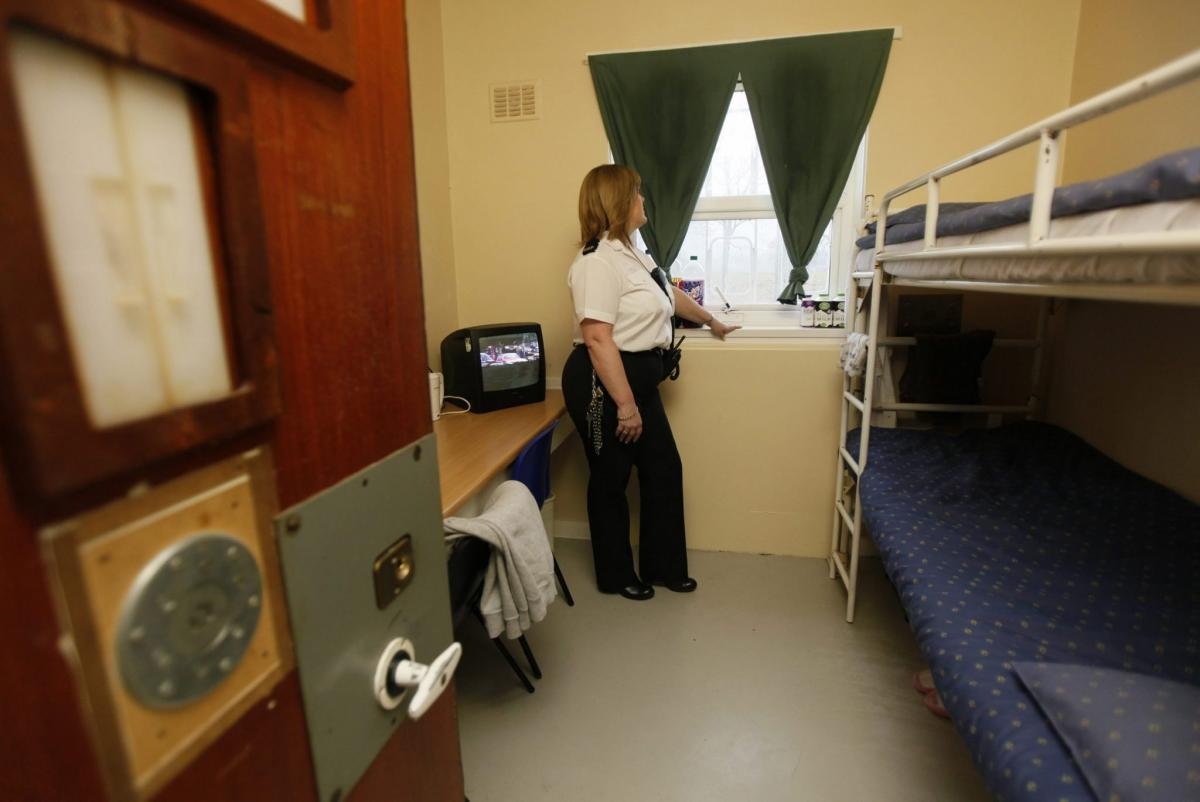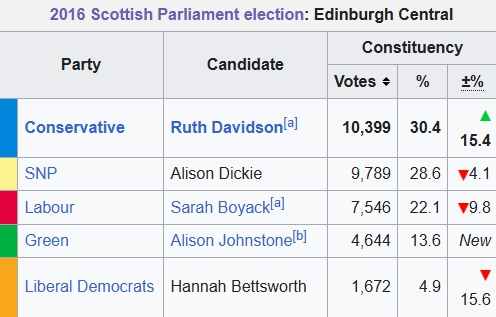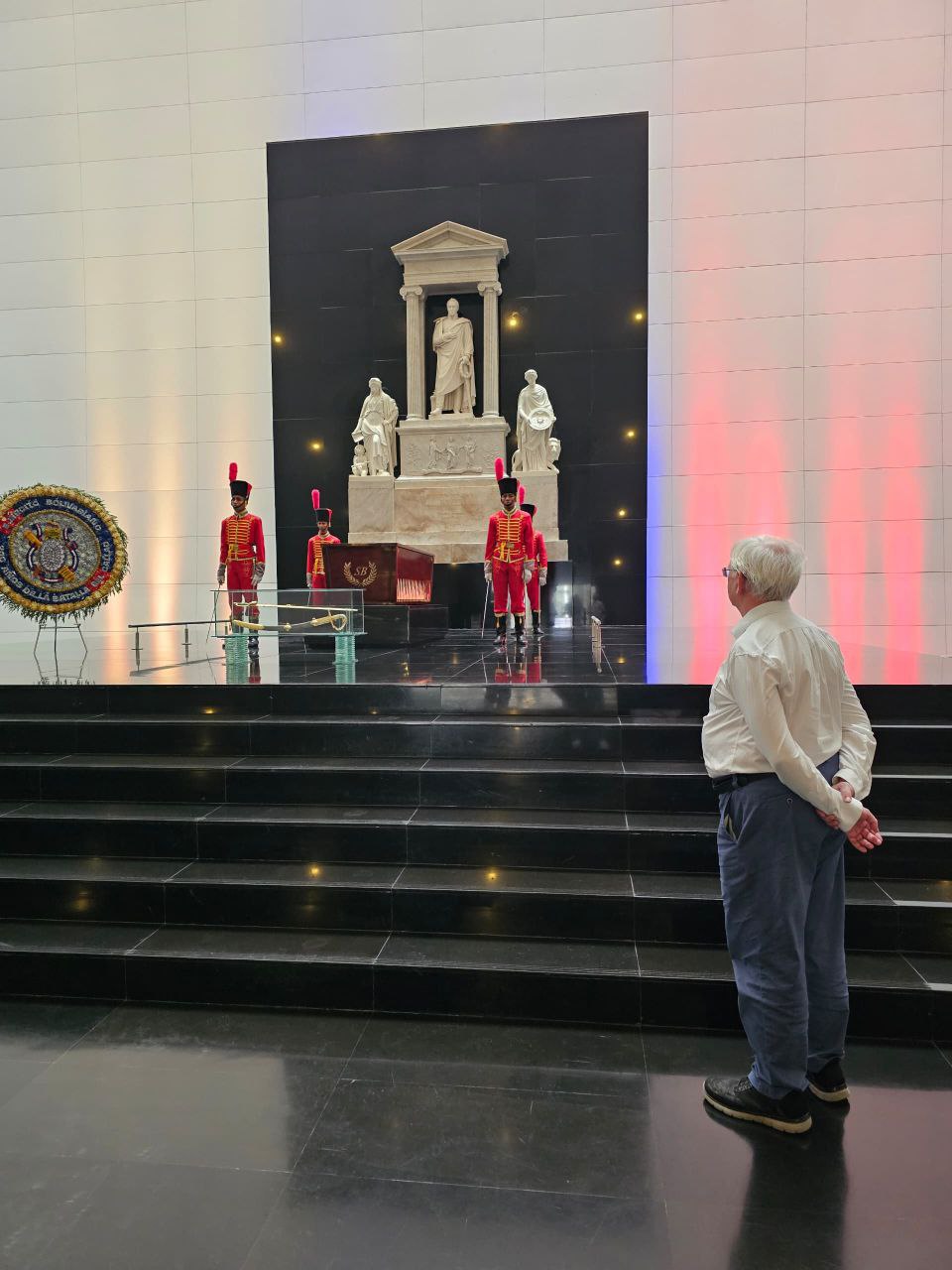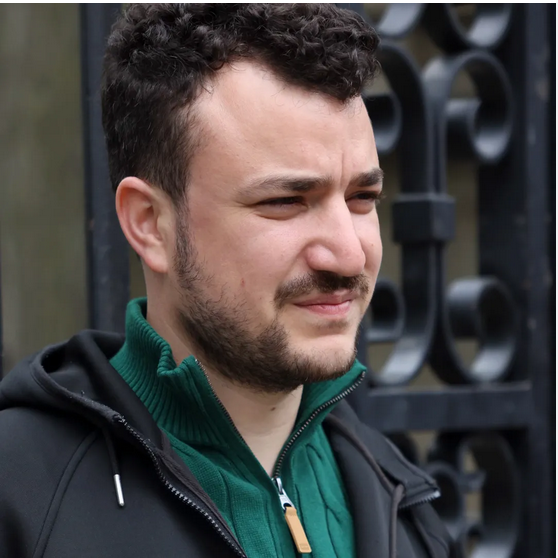Fight the Proscription of Palestine Action
I have started legal action in Scotland against the UK government over the proscription of Palestine Action, in coordination with Huda Ammori and her team in England. The petition has been accepted by the Court and served on the Solicitor General. They now have 16 remaining days to respond. The rationale is well explained in […] The post Fight the Proscription of Palestine Action appeared first on Craig Murray.
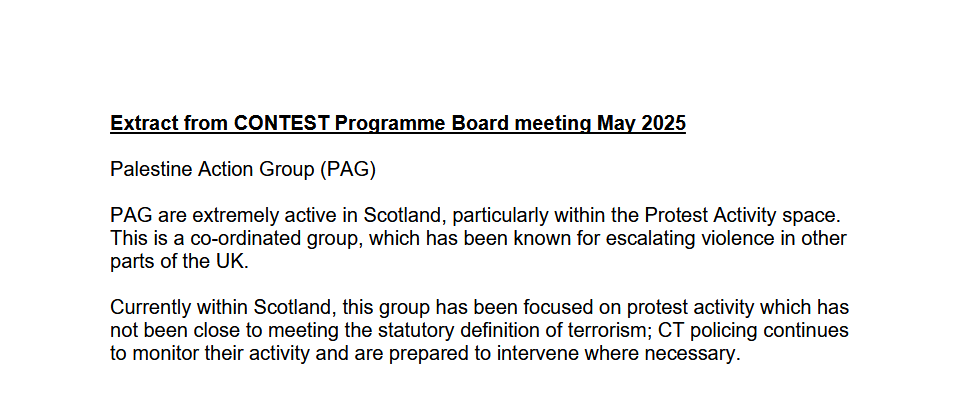
I have started legal action in Scotland against the UK government over the proscription of Palestine Action, in coordination with Huda Ammori and her team in England. The petition has been accepted by the Court and served on the Solicitor General. They now have 16 remaining days to respond.
The rationale is well explained in this article by Gabriel McKay from The Herald newspaper:
“A former British diplomat has filed a legal challenge seeking a judicial review, under Scots law, of the decision to proscribe the group Palestine Action.
A petition has been lodged to hear a case in the Court of Session over the decision by the UK Government to make being a member of, or expressing support for, the group a terror offence.
If the court agrees to hear the case, and if it then declares the proscription unlawful, it would cease to apply in Scotland while remaining in place in England and Wales unless the High Court in London makes the same finding in a separate challenge.
Craig Murray is the former ambassador to Uzbekistan, an ex-rector of the University of Dundee and a political activist who was jailed in 2021 for contempt of court relating to the trial of Alex Salmond.
He has served notice to the Advocate General for Scotland, Baroness Smith of Cluny KC, as the law officer representing the interests of the Secretary of State for the Home Department, Shabana Mahmood, in Scotland.
In his submission, Mr Murray argues that he has standing as someone who, prior to its proscription on July 5, expressed support for Palestine Action and took part in protest activities organised by the group.
A petitioner must show “sufficient interest in the subject matter of the application”, usually interpreted as being directly personally affected or raising an issue of general public importance.
Scottish courts are generally seen as taking a liberal and pragmatic stance on the issue of standing. For example, in the 2012 case Walton v Scottish ministers, Scottish Ministers and local councils argued that environmental campaigner William Walton lacked standing for a judicial review because he was not personally affected by plans to build a new Aberdeen bypass as he did not own property near the road or suffer direct loss.
However, the Supreme Court ultimately ruled that he did have standing as it “is sufficient that the applicant has a genuine concern about the legality of the act or decision, and that the issues raised are of general public importance”.
Mr Murray’s petition for judicial review asks the Court of Session to declare the decision to proscribe Palestine Action ultra vires (beyond the legal power or authority of the home secretary) and have it reduced, i.e to have the order annulled in Scotland as it relates to the group.
It rests on three arguments: that the passing of the order was procedurally unfair; that it violates article 10 of the European Convention on Human Rights (freedom of expression); and that it violates article 11 of the ECHR (freedom of association).
On the first, the petition argues that Palestine Action was not consulted ahead of proscription, thus depriving the group of the chance to argue for proscription being unnecessary which undermines the requirement for “a high degree of procedural fairness”.
The second ground argues that Mr Murray previously expressed support for Palestine Action but is now legally prevented from doing so, interfering with his right to freedom of expression.
The petition compares the direct action tactics of the group to those of Greenpeace and Just Stop Oil, namely that it “is not an organisation engaged in acts of violence to the person” and therefore proscription is disproportionate and a violation of the right to freedom of expression.
The third ground argues that Mr Murray’s freedom of association has been infringed due to the decision to criminalise both being a member of Palestine Action and engaging in meetings with members or supporters of the organisation.
The petition points to case law which found a measure which will cause the outright dissolution of an association may only be taken “in the most serious cases”, and the court must assess whether it is “exceptionally justified” by “relevant and sufficient reasons”.
Mr Murray’s legal challenge is separate to the Judicial Review in England and Wales brought by Palestine Action co-founder Huda Ammori, which is taking place in the High Court in November 2025, at the Royal Courts of Justice in London.
If the Court of Session hears the case, and reaches a different decision, campaigners say this would provoke a ‘constitutional crisis’.
There is precedent in that area in the decision by then Prime Minister Boris Johnson to advise the Queen to prorogue parliament for five weeks in 2019.
An appeal to the High Court ruled it was not justiciable as it was a political matter, but the Court of Session found the prorogation unlawful as it prevented parliament from carrying out its constitutional functions.
That was ultimately ruled on by the Supreme Court which upheld the verdict of the Court of Session, finding that the decision to prorogue parliament exceeded the government’s constitutional limits.
While national security, including terror laws, are reserved a Scots court can still review how UK laws are applied in Scotland, for example under things like human rights compliance.
If the Court of Session agreed to hear Mr Murray’s case and found in his favour, there could arise the possibility of a territorial split in the application of a UK-wide anti-terrorism order, an inconsistency which would then have to be resolved by the Supreme Court.
He said: “It is a maxim in Scots law that the law cannot be absurd. To claim that Palestine Action is a terrorist organisation is plainly absurd.
“This proscription is a politically motivated action in support of a genocide and it is poisoning Scottish civil society. Entirely peaceful protestors are being arrested and charged as terrorists.”
A spokesperson for Defend Our Juries added: “The proscription of Palestine Action has already spectacularly backfired on the Westminster Government, with the world looking on in dismay at the sight of thousands of elderly and disabled people in Britain being dragged away by police for holding seven word cardboard signs.
“Labour’s anti-democratic crackdown on domestic direct action groups leading to international condemnation, from global human rights experts and the United Nations. Over 2,000 people have been arrested across Britain, including people in Scotland detained only for wearing t-shirts which say ‘Genocide in Palestine. Time to take action’.
“We wholeheartedly support this legal challenge and the Scottish people’s right within their legal system to seek to overturn this absurdly authoritarian ban which has been imposed by Westminster.
“With Scotland’s legal system prioritising the rights and sovereignty of the people rather than the English doctrine of the supremacy of Parliament, this legal challenge is on strong legal footing. The potential for a constitutional crisis created if Scottish and English courts reach different decisions, further demonstrates that this ban is simply not enforceable.
“Defend Our Juries will be escalating the mass defiance of the ban next month, with peaceful mass sign-holding actions taking place from 18th-29th November across Britain.
“Throughout history civil disobedience has been used to overturn unjust laws. The movement against this draconian proscription is growing day by day – there are too many thousands of people who refuse to accept this unjust law and will not stop defying it until it is lifted.”
A Home Office spokesperson said: “Palestine Action has conducted an escalating campaign involving not just sustained criminal damage, including to Britain’s national security infrastructure, but also intimidation and, more recently, alleged violence and serious injuries to individuals. That kind of activity puts the safety and security of the public at risk.
“Violence and serious criminal damage has no place in lawful protests.” ”
I thought that article was worth considering in full because it is balanced and introduced a couple of things I did not know myself, such as the Supreme Court decision on standing in Walton vs Scottish Ministers.
Yvette Cooper had a duty in law to consult before the proscription. She consulted the Israeli Embassy, Jewish groups and weapons manufacturers. She did not consult any Palestinian individual or organisation, human rights groups or consult with Palestine Action themselves.
What is more, Cooper consulted nobody in Scotland. Not the Scottish government, not Police Scotland. Nobody in Scotland.
Here is an extract, released under a Freedom of Information Act request, from the Scottish CONTEST (counter-terrorism strategy) programme board meeting of May 2025. The Scottish CONTEST programme board consists of the Scottish Government, Police Scotland, MI5, COSLA and others.

Note the wording; “has not been close to meeting”.
Crucially this assessment was made after the action at the Thales plant in Scotland and the consequent convictions. Yet although both Police Scotland and the intelligence services assert Palestine Action in Scotland has “not been close to meeting” the bar of terrorism, Yvette Cooper cited the Thales action as one of three (out of 385) events which she asserted did meet the bar of terrorism.
Following its proscription of Palestine Action, the UK government has now intimated its intention to place further restrictions on freedom of speech and assembly, notably proposing to ban “repeated” protests.
The proscription of Palestine Action has led to mass arrests. Being charged with a terrorist offence is life-changing. It leads to loss of employment, debanking with loss of savings, and travel bans. This is being visited on those engaged in non-violent protest against Genocide.
We have to fight back using whatever avenues we can exploit. This Scottish legal action is one. However legal action costs money, and I have to appeal to everybody who supports this fight to help me fund it. To date I have personally contributed £5,000 and Liberation Scotland has contributed another £5,000 to uphold the Scottish people’s historic legal rights to freedom from oppressive and arbitrary government.
The sums needed to mount a successful legal challenge to the power of the state can be eye-watering. But we are the many. Every penny helps, but please do not cause yourself hardship.
Alternatively by bank transfer:
Account name
MURRAY CJ
Account number 3 2 1 5 0 9 6 2
Sort code 6 0 – 4 0 – 0 5
IBAN GB98NWBK60400532150962
BIC NWBKGB2L
Bank address NatWest, PO Box 414, 38 Strand, London, WC2H 5JB
Or crypto:
Bitcoin: bc1q3sdm60rshynxtvfnkhhqjn83vk3e3nyw78cjx9
Ethereum/ERC-20: 0x764a6054783e86C321Cb8208442477d24834861a
We have discussed with crowdfunders including those which pay the money direct to our lawyers, but compliance issues re a proscribed organisation have held this up for several days. We hope to be able to offer that further donation option soon.
The post Fight the Proscription of Palestine Action appeared first on Craig Murray.
What's Your Reaction?










